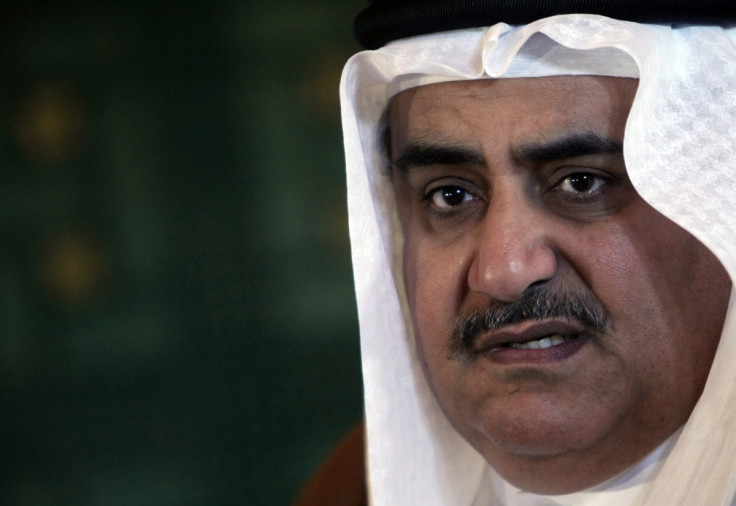HMS Juffair: Britain's Bahrain naval base first military presence in Middle East in over 40 years

The UK has kicked off the construction of a military naval base in Bahrain. The base represents the country's the first permanent military presence in the Middle East since 1971.
In an effort to strengthen ties with the gulf state and the wider area in general, Phillip Hammond and the Bahraini foreign secretary Khalid al Khalifa opened the naval base called HMS Juffair.
The base is set to symbolise these relations, in an effort by the UK to clamp down on terrorist organisations such as the Islamic State, causing great threats to the stability of the Middle East and the Gulf Region.
Hammond said in a speech at Bahraini capital Manama that he thinks Islamic terrorism is probably " the great challenge of our time".
The announcement has stirred controversy because of Bahrain's human rights record and the lack of democracy that caused the uprising in 2011, as part of the Arab Spring.
"Bahrain is not perfect by any means, but it at least knows what it has to do and it is taking steps to do it," Hammond told BBC security reporter Frank Gardner.
"In some cases, seeking our support, to help them reform, for example, their police force, their judicial system, their prison service, to gradually improve the standards, and bring it closer to what we would expect to see."
The UK has already been scrutinised with its ties with other gulf states, such as Saudi Arabia, widely known for its human rights abuses against women and LGBTQ+ minorities.
According to Human Rights Watch, Bahrain's track record is also highly problematic. "The country's courts convict and imprison peaceful dissenters and have failed to hold officials accountable for torture and other serious rights violations," the NGO said on its website. "There is evidence that the security forces continue to use disproportionate force to quell unrest."
In 2011, large protests broke out on the streets of Bahrain in an attempt by the people to call for democracy and respected human rights. The protests, largely peaceful, were violently broken down by the country's police force within months.
© Copyright IBTimes 2025. All rights reserved.






















